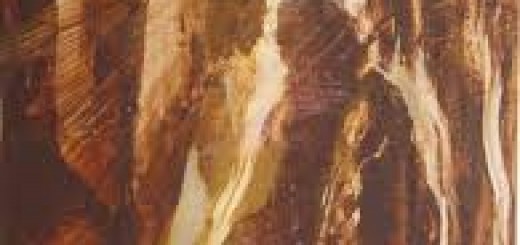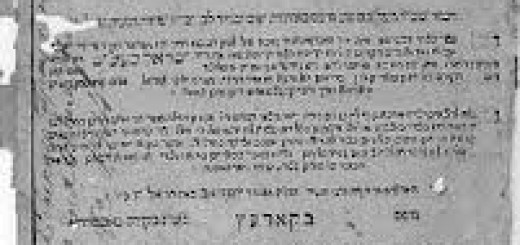By Rabbi Dovid Markel
When Zunz and Gans founded the “Wissenschaft des Judentums” (Academic Judaic Studies) they were intent on “saving” Judaism. Ironically though, the project undermined its own goals.
In their desire to make Judaism relevant through distilling and organizing its teachings, they end up presenting it as a relic of the past rather than a guide for the present and future.
While they denigrated the traditional method of Torah study as antiquated it is specifically the traditional method of Torah study that ensures the continuity of Judaism and the Jewish people not the academic methods developed by Zunz or Gans.
Indeed, the eventual conversion of Eduard Gans and Heinrich Heine to Christianity aptly demonstrates that rather than help Judaism it does more to hurt it.
The focal difference between how traditional Judaism studies Judaic texts to the manner the same text is studied in an academic setting, is the principal question that one asks.
In a Yeshiva one asks: “What does the text say?” But in a university the question would be: “What did the text say?”
In the Yeshiva the text is interacting with the present and its student listens to the text’s message to find meaning in his life–today.
However, in the academy, rather than trying to hold a conversation with the text, the student is only concerned with the manner that the text was understood in the moment that it was written.
When one studies Talmud, Zohar or Chassidism as a product of the past, it does not have the ability to affect the present and ensure a future.
It is particularly this element–that the texts are not relevant to the present, but a distilling of the past–that make their method antithetical to proper Torah study.






















